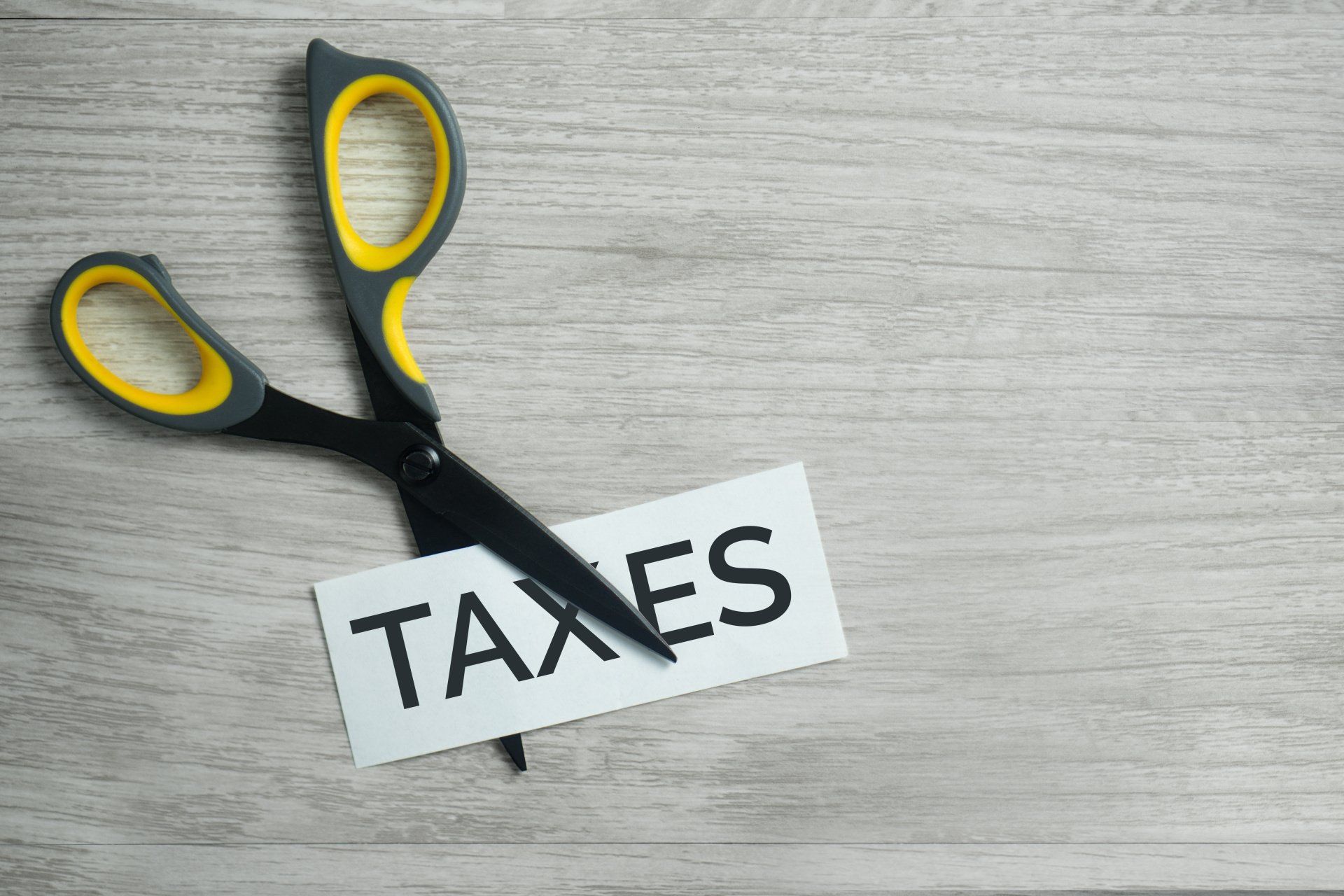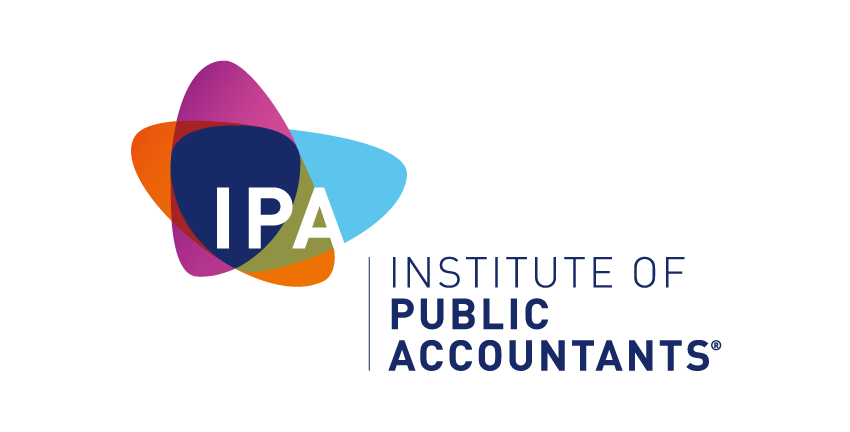With the end of financial year (EOFY) fast approaching, it's not too late to review your financial situation and do some last minute fine-tuning where needed.
To help with this process, we have provided you with several EOFY planning tips worth considering, which could help not only reduce your tax bill, but also build and protect your wealth.
Contributing to Superannuation
Depending on your personal circumstances, it could be worthwhile contributing to superannuation if you are eligible to do so and you you do not exceed the contribution limits.
Concessional Contributions
For 2020/21 the concessional contributions cap is $25,000 per annum, regardless of your age; however, this may be an appropriate time to consider whether to make personal deductible contributions.
The concessional contributions cap generally includes employer contributions (Superannuation Guarantee, voluntary and salary sacrifice) and personal deductible contributions.
In a nutshell, making concessional contributions to your superannuation could help you reduce your personal income tax and build wealth for retirement within a tax-effective environment (and, if applicable, purchase your first home via the First Home Super Saver Scheme).
Non-Concessional Contributions
The non-concessional contributions cap generally includes personal contributions not claimed as a tax deduction and spouse contributions, but excludes, for example, Government co-contributions, downsizer contributions and eligible small business sale proceeds up to CGT cap.
Other Contribution Considerations
In addition to the above, consider the following:
- Government co-contribution – you may be eligible for a co-contribution of up to $500 from the Government if you make non-concessional contributions to your superannuation
- Spouse contribution – you may be able to claim a tax offset of up to $540 if you make non-concessional contributions to your spouse’s superannuation
- Contribution splitting – you may be able to arrange to transfer an amount of your concessional contributions from the previous financial year to your spouse’s superannuation
Prepaying Deductible Expenses
It could be worthwhile prepaying some of your expenses and bringing forward your deduction to this financial year.
Below are a few areas you could consider applying this to:
- Income protection insurance premiums
- Rent on your business premises
- Interest payments on investment loans for things such as property or shares, business equipment loans
- Donations to charities endorsed by the ATO as ‘deductible gift recipient’ organisations
- Cost of repairs/maintenance to investment properties (rented out or available/advertised for rent)
Stock-Take
Your business should conduct a stock-take at the end of each financial year to account for what stock is on hand and what can be written off.
When Should Stock be Written-Off?
The accurate value of stock is crucial in calculating gross profit or loss. This is why it’s important for businesses to account for stock write-off's when the value of inventory changes significantly.
This could happen due to the following reasons:
- Stock that is stolen by shippers, shoplifters or employees
- Stock with a short shelf life that easily spoil, such as fruits and flowers
- Damage due to inadequate storage and handling
- Items such as technology products with high market value can become obsolete after a few months
Note: The material and contents provided in this publication are informative in nature only. It is not intended to be advice and you should not act specifically on the basis of this information alone. If expert assistance is required, professional advice should be obtained.New ParagraphNew Paragraph








